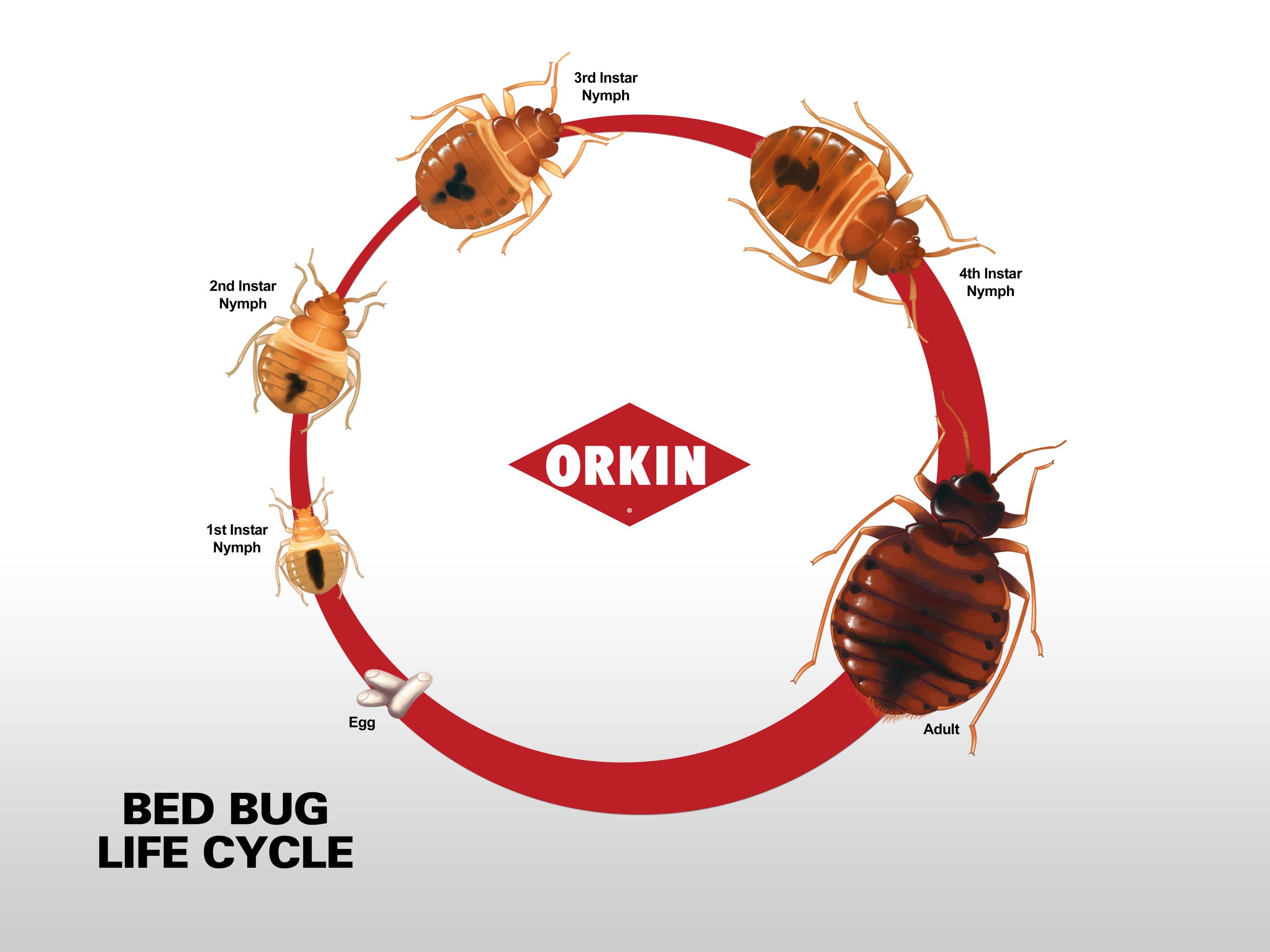Bed bugs are a nuisance to most people, but they can be quite dangerous to people with allergies. In addition, they can cause psychological distress if the infestation is not taken care of immediately. Understanding how long it takes for bed bug eggs to hatch will help you determine when you should start treating your home for an infestation and whether or not you have time to obtain professional help.
Bed bug eggs are laid by the female after she has been fed a blood meal. The eggs take about 10 days to hatch and reach adulthood, although this timeline can vary depending on temperature and humidity levels.
Once hatched, bed bug nymphs will molt 5 times in order to reach their full size, and then they will begin to reproduce sexually. This can take anywhere from 3-12 weeks, depending on whether the nymph is male or female.
How Long Can Bed Bug Eggs Last Before Hatching?
Bed bug eggs can last for a long time before hatching. You can find them in cracks and crevices, but they can also be found in furniture, behind baseboards, and even inside electrical outlets. If you have bed bugs, it is important to eliminate them as soon as possible because of the health risks associated with their bites.
Bed bug eggs are very resilient; they are very hardy and can survive for a long time without water or food. In fact, many people will find that they have bed bug eggs in their home but don’t realize it because they don’t see any bugs or signs of infestation. However, these eggs will eventually hatch into nymphs which will then begin feeding on blood from humans or animals (including pets).
If you ever suspect that there are bed bugs in your home, it is important to hire an exterminator immediately because these insects reproduce very quickly and can multiply exponentially if given enough time. The best way to prevent an infestation is by treating all areas where these insects like to hide including cracks around baseboards and underneath furniture cushions; however, this isn’t always enough since some people have found them hiding in electrical outlets as well.
How Long Can Bed Bug Eggs Be Dormant?
Bed bug eggs can be dormant for up to a year, but they will die off if they are not in the right conditions.
While bed bugs are known for their ability to hide, they still need the right conditions to survive. For example, if you live in a cold climate, bed bug eggs will need to find a warm place to stay until spring comes around. In this case, they will go dormant and wait out the winter season.
Bed bugs have been known to lay their eggs in small cracks and crevices inside your home or on furniture that has been around for years. The eggs can survive for up to a year without being exposed to heat or sunlight. However, if these conditions are not met then the eggs will die off within a few months.
Can Bed Bug Eggs Hatch After Treatment?
Bed bug eggs may hatch after treatment, but it’s unlikely.
Bed bug eggs can hatch after treatment, but it’s unlikely. Bed bugs are known to lay around ten eggs at once, and they can lay up to 500 eggs in their lifetime. However, the rate of hatching is low. It takes around 10 days for an egg to hatch, and most people tend to treat their homes with heat or chemicals before this time has passed.
If you still have bed bugs after your treatment and have not seen any new ones in your home for a week or two, then you should be fine. If you see any new bed bugs after this time period, call us immediately as this could indicate that there has been a failure in your treatment process.
How Do You Permanently Get Rid of Bed Bugs
The best way to get rid of bed bugs is to hire a professional pest control service. While it’s possible to eliminate bed bugs using DIY products, you’re much more likely to fail if you try doing so on your own. That’s because bed bugs are very good at hiding themselves from humans, and they can live for up to 1.5 years without feeding.
The average person who tries to get rid of bed bugs on their own will probably need multiple treatments before the infestation is completely gone. If you choose the DIY route, you’ll need to be vigilant about checking for signs of remaining infestations every day for at least a month after treatment begins.
Bed bug exterminators have access to more advanced techniques than those used by DIYers, which means that they can be more effective in treating an infestation. They also have access to products that aren’t available at retail stores or online, products as thermal remediation equipment or liquid insecticide foggers.
In Conclusion,
After a bed bug egg has been laid, it can take anywhere from 1 to 10 days before the egg hatches and the insect begins to feed. The average time it takes a bed bug egg to hatch is 5.5 days.
Although the exact timeline of an egg’s development is not known, it is possible that an egg will not hatch if it is not in an ideal environment. For example, if the temperature is too low or too high, an egg may not produce a viable insect.
A female bed bug lays between one and five eggs at a time. The number of eggs that she lays depends on her age (younger females lay more eggs than older ones) as well as how long it has been since she last mated with a male bed bug.
